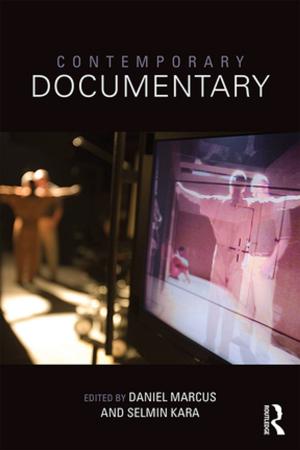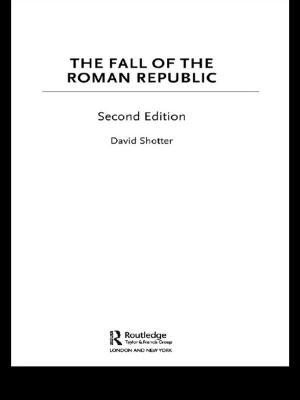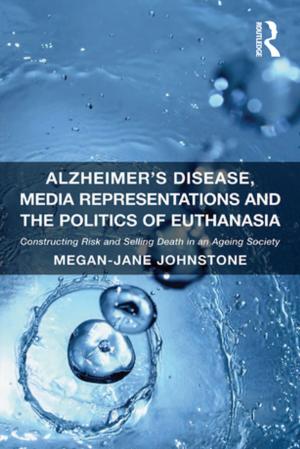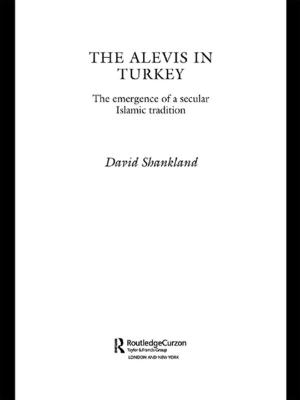Alcohol and the Adult Brain
Nonfiction, Health & Well Being, Psychology, Addictions, Neuropsychology| Author: | ISBN: | 9781317587576 | |
| Publisher: | Taylor and Francis | Publication: | November 27, 2014 |
| Imprint: | Psychology Press | Language: | English |
| Author: | |
| ISBN: | 9781317587576 |
| Publisher: | Taylor and Francis |
| Publication: | November 27, 2014 |
| Imprint: | Psychology Press |
| Language: | English |
The research literature on the impact of alcohol on the brain has seen a rapid expansion in recent years. Alcohol and the Adult Brain presents an up-to-date overview ofsome of theissues relevant to understanding and working with people with cognitive impairment as a result of chronic alcohol use.
One issue causing barriers to effective treatment and care is the stigma associated with alcohol dependence, resulting in the belief that difficulties associated with alcohol related brain damage (ARBD) are ‘self-inflicted’. Cognitive changes resulting from alcohol excess and poor nutrition can directly affect an individual’s ability to motivate themselves, make decisions, and make the informed choices that underlie behaviour change. Attitudes held by professionals, reinforced by societal norms, that a person is ‘choosing to drink’ and ‘not motivated to engage with treatment’, in combination with the often subtle cognitive deficits associated with ARBD, can result in a lack of timely intervention, with enormous personal, social and economic cost.
The chapters in this book set ARBD in a social and cultural context, provide discussion of the difficulties in definition and diagnosis, and outline the structural brain changes and neuropsychological deficits associated with chronic alcohol use. The book provides an overview of recent research on ARBD, including impairments associated with Wernicke-Korsakoff Syndrome, and discusses up to date recommendations for managing and working with this complex and varied disorder.
Alcohol and the Adult Brain will be essential for students and researchers working with ARBD and for practitioners in a range of health, social care and voluntary settings.
The research literature on the impact of alcohol on the brain has seen a rapid expansion in recent years. Alcohol and the Adult Brain presents an up-to-date overview ofsome of theissues relevant to understanding and working with people with cognitive impairment as a result of chronic alcohol use.
One issue causing barriers to effective treatment and care is the stigma associated with alcohol dependence, resulting in the belief that difficulties associated with alcohol related brain damage (ARBD) are ‘self-inflicted’. Cognitive changes resulting from alcohol excess and poor nutrition can directly affect an individual’s ability to motivate themselves, make decisions, and make the informed choices that underlie behaviour change. Attitudes held by professionals, reinforced by societal norms, that a person is ‘choosing to drink’ and ‘not motivated to engage with treatment’, in combination with the often subtle cognitive deficits associated with ARBD, can result in a lack of timely intervention, with enormous personal, social and economic cost.
The chapters in this book set ARBD in a social and cultural context, provide discussion of the difficulties in definition and diagnosis, and outline the structural brain changes and neuropsychological deficits associated with chronic alcohol use. The book provides an overview of recent research on ARBD, including impairments associated with Wernicke-Korsakoff Syndrome, and discusses up to date recommendations for managing and working with this complex and varied disorder.
Alcohol and the Adult Brain will be essential for students and researchers working with ARBD and for practitioners in a range of health, social care and voluntary settings.















